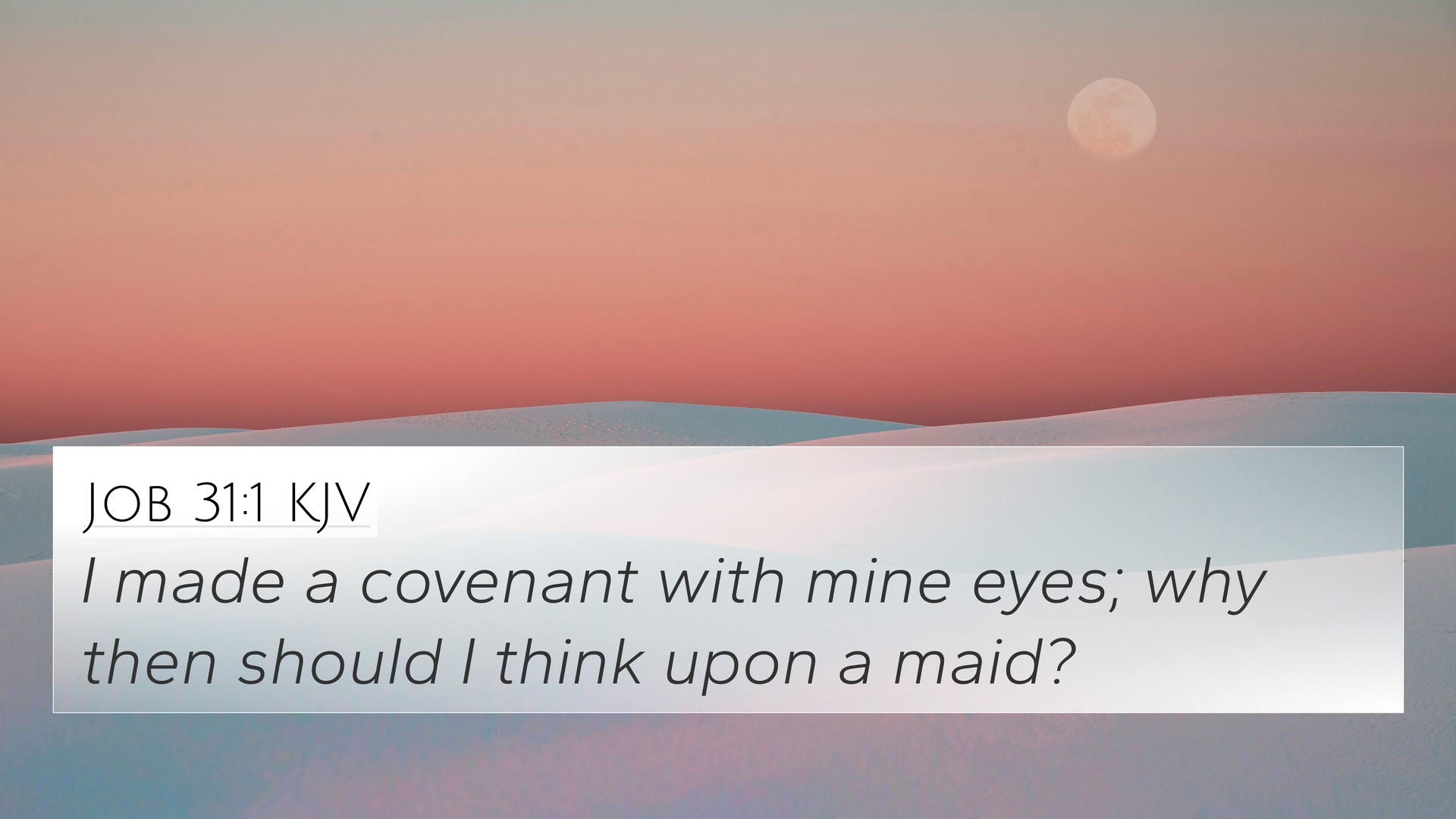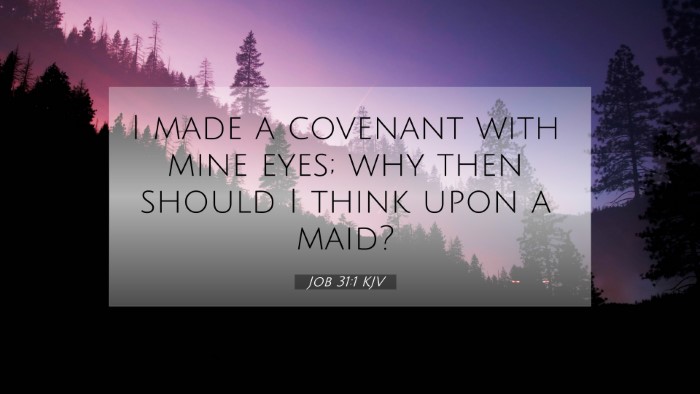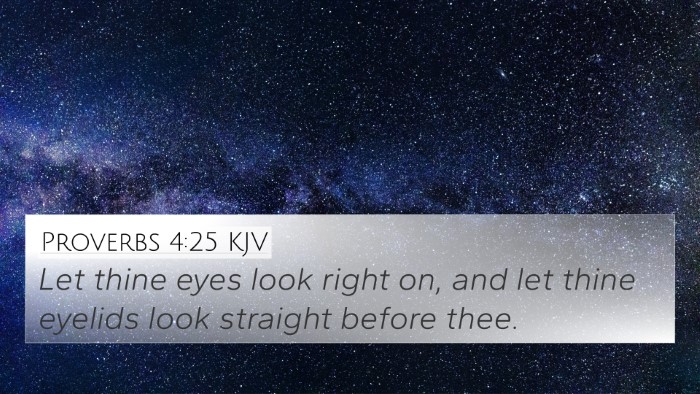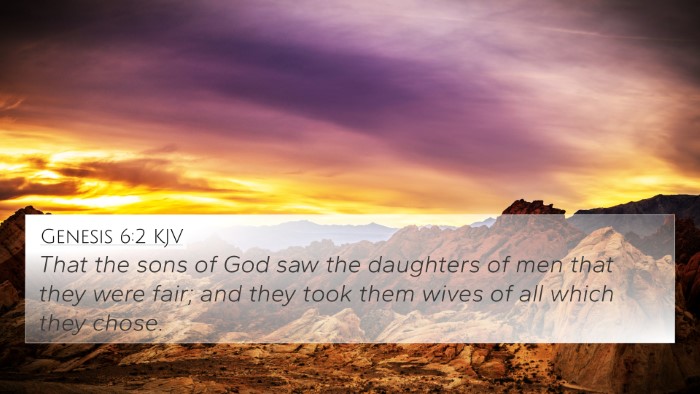Understanding Job 31:1
Job 31:1 states: "I made a covenant with mine eyes; why then should I think upon a maid?"
Overview of the Verse
This verse reflects Job's commitment to purity and moral integrity. He emphasizes the importance of controlling one's thoughts and actions, particularly regarding lust and temptation.
Insights from Commentaries
Matthew Henry's Commentary
Henry highlights Job's resolve in making a covenant with his eyes, indicating a conscious decision to avoid lustful thoughts. He stresses the significance of guarding one's mental state, noting that what we allow our eyes to dwell upon can lead to sinful desires.
Albert Barnes' Notes
Barnes comments on the phrase "made a covenant with mine eyes," suggesting that Job established a firm intent not to look at a woman with lustful thoughts. This act symbolizes a deeper commitment to righteousness and a desire to honor God with his actions.
Adam Clarke's Commentary
Clarke elaborates on Job’s insistence on purity and self-control. He notes that Job's covenant with his eyes is about recognizing the power of visual temptation and the need to proactively avoid it, aligning with scriptural teachings on purity.
Thematic Connections
Job 31:1 raises themes of self-control, the importance of thoughts, and a commitment to holiness. These themes align with various passages across the Bible:
- Matthew 5:28: "But I say unto you, That whosoever looketh on a woman to lust after her hath committed adultery with her already in his heart."
- Philippians 4:8: "Finally, brethren, whatsoever things are true, whatsoever things are honest, whatsoever things are just, whatsoever things are pure, whatsoever things are lovely, whatsoever things are of good report; if there be any virtue, and if there be any praise, think on these things."
- Proverbs 4:23: "Keep thy heart with all diligence; for out of it are the issues of life."
- Job 31:9: "If mine heart have been deceived by a woman, or if I have laid wait at my neighbour's door;"
- Genesis 39:9: "There is none greater in this house than I; neither hath he kept back anything from me but thee, because thou art his wife: how then can I do this great wickedness, and sin against God?"
- 1 Corinthians 6:18: "Flee fornication. Every sin that a man doeth is without the body; but he that committeth fornication sinneth against his own body."
- 2 Timothy 2:22: "Flee also youthful lusts: but follow righteousness, faith, charity, peace, with them that call on the Lord out of a pure heart."
- Romans 12:2: "And be not conformed to this world: but be ye transformed by the renewing of your mind..."
- Psalm 119:37: "Turn away mine eyes from beholding vanity; and quicken thou me in thy way."
- James 1:14-15: "But every man is tempted, when he is drawn away of his own lust, and enticed. Then when lust hath conceived, it bringeth forth sin..."
Application for Believers
The principles in Job 31:1 serve as critical reminders for believers today regarding self-discipline in thought and sight. Here are key takeaways:
- Intentionality: Like Job, we must make deliberate choices to guard our thoughts and what we view.
- Awareness: Recognizing the power of visual input on our desires and decisions is essential in spiritual growth.
- Moral Integrity: Upholding a moral standard is vital, both in thought and action, reflecting our relationship with God.
- Scriptural Guidance: Regular study of Bible verses related to purity and self-control can aid in maintaining focus on God’s will.
- Community Support: Engaging with fellow believers can bolster our commitment to sanctity in life.
Conclusion
Job 31:1 is a powerful declaration of intention towards purity and moral fortitude. By cross-referencing this verse with related scriptures, believers can gain comprehensive insights into the importance of guarding their hearts and minds against temptation. As such, Job's covenant with his eyes serves as a timeless principle for spiritual health and integrity.











